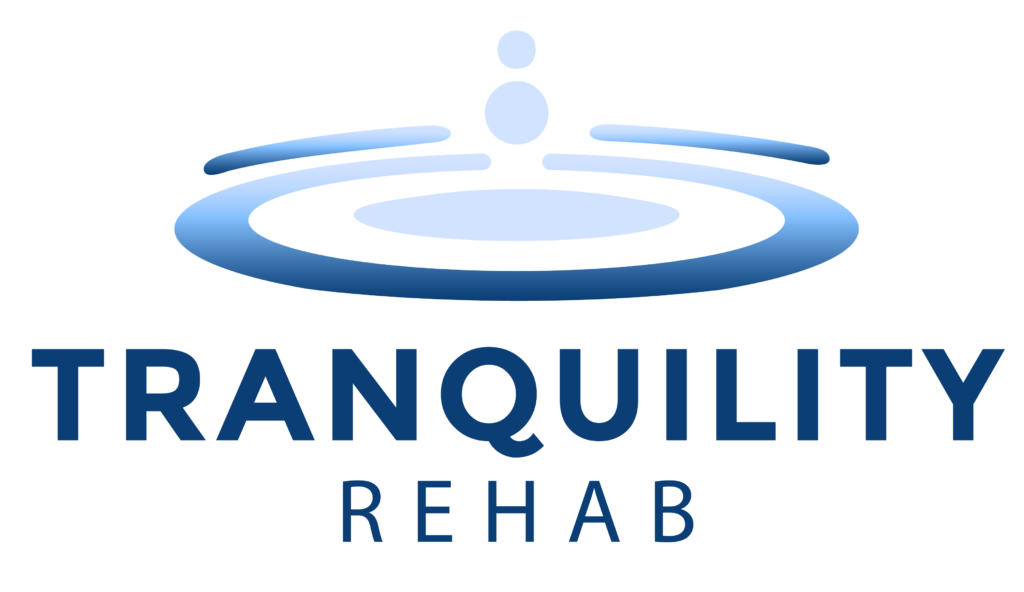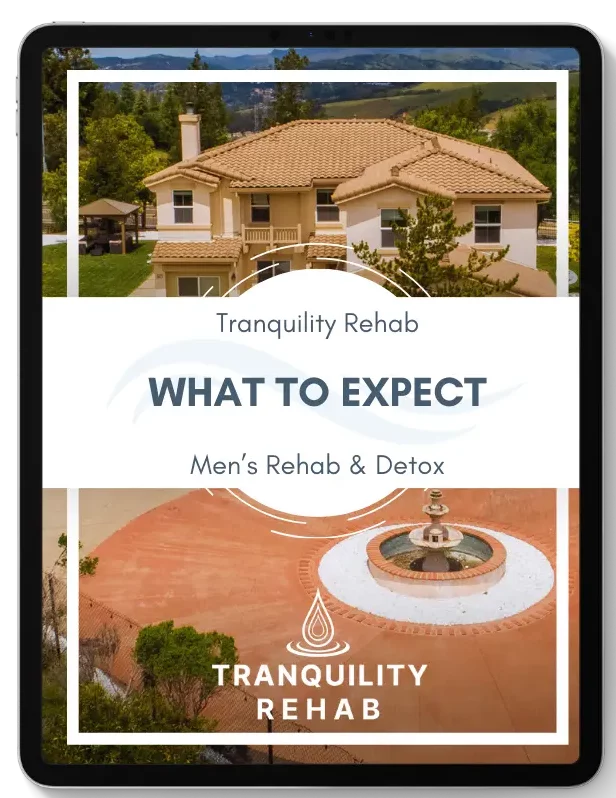When people first embark on the journey to sobriety, they often experience a range of emotions and physical changes. One of the most common but less discussed challenges of early sobriety is sobriety fatigue. This term refers to the overwhelming tiredness, exhaustion, or lack of energy that many people experience during the first few months or even years of staying sober. While the concept of fatigue might seem straightforward, its duration and intensity can vary depending on a range of factors including physical health, emotional state, and the nature of an individual’s addiction.
If you’re wondering how long sobriety fatigue lasts, you’re not alone. Many people in recovery find themselves asking how long this feeling will persist and how to manage it. This blog post will explore what sobriety fatigue is, why it happens, and how long it typically lasts. We will also offer tips for managing it effectively as you navigate your recovery journey.
What Is Sobriety Fatigue?
Sobriety fatigue is the physical and mental exhaustion that many people experience after they stop using substances like alcohol or drugs. It’s important to note that this kind of fatigue isn’t the same as regular tiredness you might feel after a long day’s work or an intense workout. Sobriety fatigue often feels deeper, more pervasive, and can affect many aspects of life, including your mood, motivation, and overall energy levels.
There are several reasons why this fatigue occurs:
- Physical Healing: When someone stops using drugs or alcohol, the body begins to heal from the effects of long-term substance use. This process can be physically draining, as the body adjusts to functioning without substances. The liver, brain, and other organs need time to detoxify and repair, which can lead to fatigue.
- Mental and Emotional Adjustment: Sobriety also requires a significant amount of mental and emotional adjustment. You may need to deal with unresolved emotions, relationship challenges, or stress that was previously numbed by substances. This emotional work can leave you feeling drained, especially in the early days of recovery.
- Sleep Disruption: Many people in active addiction experience poor sleep patterns, whether it’s from the substance itself or the chaotic lifestyle that often accompanies addiction. When someone first stops using, their sleep cycle may still be disrupted, causing a lack of restorative sleep and contributing to overall fatigue.
- Cravings and Withdrawal: In the first few weeks or months of sobriety, you might experience cravings or withdrawal symptoms, which can make you feel physically and mentally exhausted. These symptoms often dissipate with time but can be emotionally taxing in the short term.
How Long Does Sobriety Fatigue Last?
There is no set timeline for how long sobriety fatigue will last because it depends on several factors. However, most people experience a noticeable reduction in fatigue within the first few months of sobriety, although some may continue to feel tired or mentally drained for up to a year.
Here’s a general breakdown of what to expect during the recovery process:
- The First Few Weeks: In the initial weeks of sobriety, fatigue can be overwhelming. Your body is going through a period of detox, and you’re also adjusting to life without the substance you’ve been dependent on. During this time, it’s not uncommon to feel physically drained, emotionally fragile, and mentally foggy. Most people experience the most intense fatigue during this period of early recovery.
- 1 to 3 Months: After the first month or two, your body begins to heal and adjust to a more stable state. Many people start to feel a slight increase in energy and alertness, although you may still experience some fatigue. Mental clarity often improves, but there may still be some emotional ups and downs as you deal with cravings, triggers, or unresolved issues.
- 6 Months and Beyond: After the six-month mark, many people report feeling significantly less fatigued as their bodies and minds continue to heal. However, some people may still feel tired or emotionally drained, especially if they’re dealing with underlying issues such as depression or anxiety. At this stage, the fatigue is often more manageable and may be alleviated through regular exercise, healthy eating, and a strong support system.
- 1 Year and Beyond: For many, after a year of sobriety, fatigue begins to subside completely. If you’re still feeling persistent fatigue after a year, it may be time to look into underlying health conditions or consider reaching out for additional support.
Managing Sobriety Fatigue
While sobriety fatigue can be a challenging part of recovery, there are several things you can do to manage it and feel better:
- Exercise Regularly: Regular physical activity helps increase energy levels, improve mood, and combat feelings of tiredness. Even something as simple as a daily walk can help restore your energy levels over time.
- Eat a Balanced Diet: Nutrition plays a crucial role in recovery. A well-balanced diet full of whole foods, lean proteins, healthy fats, and plenty of fruits and vegetables will give your body the fuel it needs to heal and feel energized. Avoiding excessive caffeine and sugar can also help regulate energy levels.
- Get Enough Rest: Ensure you’re getting enough sleep to allow your body to fully rest and recover. Good sleep hygiene is essential—create a relaxing bedtime routine, limit screen time before bed, and aim for at least 7-9 hours of sleep each night.
- Manage Stress: Stress management techniques like meditation, deep breathing, or yoga can help reduce anxiety and improve mental clarity. Mindfulness practices can help you stay grounded and focused as you adjust to life without substances.
- Stay Connected: Surround yourself with supportive people who understand what you’re going through. Staying connected with a sober community, whether through a 12-step program, therapy, or other recovery groups, can help reduce feelings of isolation and provide a sense of accountability.
- Be Patient with Yourself: Recovery is a process, and healing takes time. Be patient with your body and mind as they readjust. Don’t be discouraged if you experience ongoing fatigue—it’s a normal part of the recovery process that will improve with time.
Start Your Journey with Tranquility Rehab
If you or a loved one are struggling with addiction and are ready to take the first step toward lasting sobriety, Tranquility Rehab is here to help. Our expert team offers individualized treatment plans designed to address the physical, emotional, and psychological aspects of addiction. Whether you’re facing sobriety fatigue or other challenges in your recovery, we are committed to providing the support and tools you need for a successful, long-term recovery.
Reach out to Tranquility Rehab today and take the first step toward reclaiming your life. Our compassionate professionals are here to guide you on the path to lasting sobriety and well-being. Don’t wait—your recovery starts now.


